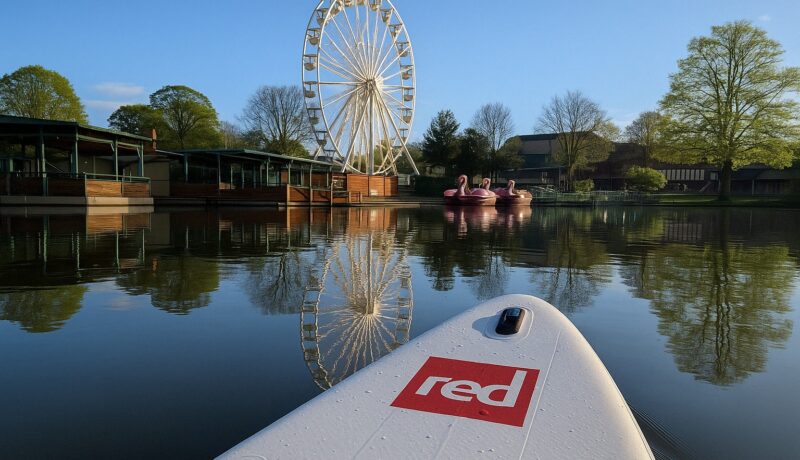
Keeping My Balance: How Paddleboarding Helps Me Live With an Acoustic Neuroma
Keeping My Balance: How Paddleboarding Helps Me Live With an Acoustic Neuroma
When I was first diagnosed with an acoustic neuroma, one of the first things I wondered—after the shock had worn off—was how it might affect my balance long term. So far, I’ve been lucky. No vertigo, no wobbling through doorways. Just hearing loss on one side, a persistent high-pitched whistle in my head, and the slow, steady work of adapting to life with a brain tumour, “benign” or not.
Table Of Content
But there’s something about standing on a paddleboard, gliding quietly over water, that’s become more than just a weekend hobby. It’s helped me stay grounded (or, more accurately, afloat), both physically and mentally. My board of choice is the Red Voyager 13’2″ — a solid, stable touring board that’s ideal for longer paddles and carrying gear
When I’m out on the water, without my hearing aid (too risky with the splashes), it’s just me, the board, the rhythm of paddling, and the ambient noise of nature… which oddly enough, quiets the tinnitus a bit.
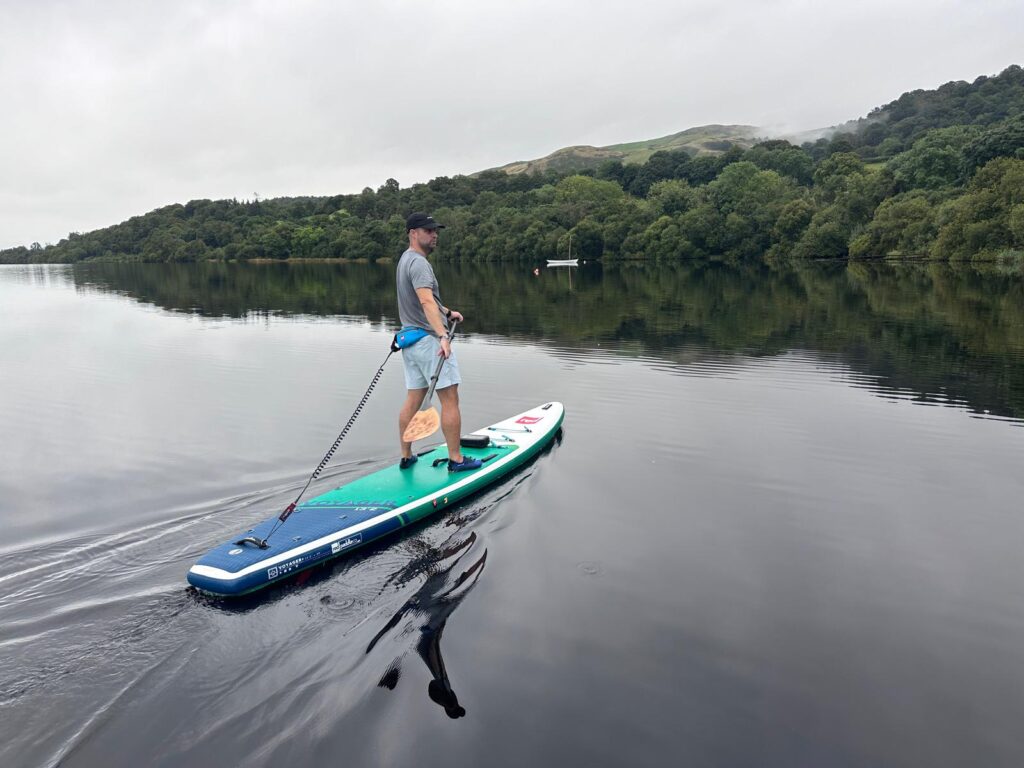
Finding Balance – Physically and Socially
I’ve been paddleboarding for years — long before I ever heard the words “acoustic neuroma.” What started as a fun way to explore local waterways and get some fresh air quickly became one of my favourite ways to unwind and stay active. But after my diagnosis, SUP took on a new kind of importance.
With a brain tumour that can affect balance, coordination, and hearing, you start to pay closer attention to the things your body can still do — and for me, being able to stand confidently on a board, glide over moving water, and feel in control? That matters more than ever.
I paddle regularly with SUP Stratford, a brilliant local group that meets on Monday and Wednesday evenings. There’s something special about those evenings on the River Avon — the peacefulness of the water, the rhythm of paddling, and the easy camaraderie of the group. Even though I don’t wear my hearing aid on the water, and I miss out on some of the chat, I never feel left out. There’s a shared language in paddling together that doesn’t rely on words.
Challenges on the Water (And How I’ve Adapted)
Not wearing my hearing aid while paddling was a no-brainer — I don’t want to risk damaging it with spray, rain, or the occasional unplanned swim. But that decision comes with trade-offs.
[Image placeholder: close-up of gear, aid left behind on dry bag or car seat]
The most obvious challenge is communication. With only one functioning ear and no aid in, hearing people on the water can be difficult, especially if they’re behind me or if there’s wind. Group instructions, jokes from the back of the line, or even safety cues can get lost. I’ve learned to position myself where I can see faces or stay close to someone who can relay key info. The group’s supportive, and I’ve picked up a few hand signals over time that help.
Spatial awareness is another challenge. With only one good ear, localising sound becomes harder — a splash, a bird call, or another paddler shouting doesn’t give the same directional cues. I’ve adapted by scanning my surroundings more frequently and staying visually aware.
And then there’s tinnitus. The constant ringing in my head doesn’t go away, but paddling is one of the rare times it fades into the background. The natural sounds — the splash of my paddle, birds, flowing water — offer a kind of sensory balance that quiets the noise in my head, even if only temporarily.
Tips for Paddleboarding With Hearing Loss or an Acoustic Neuroma
If you’re thinking about trying paddleboarding and you’ve got hearing loss, tinnitus, or an acoustic neuroma diagnosis, here are a few things that have helped me:
Tell your group – Let someone know you’ve got hearing challenges, especially if you’re not wearing an aid.
Positioning helps – Stay where you can see faces, or paddle near someone you trust for cues.
Use hand signals – Even just a few basic ones go a long way.
Pick the right board – My Red Voyager 13’2″ is incredibly stable and forgiving, which helps on days when I’m tired.
Respect your limits – Fatigue affects balance. Don’t be afraid to pause.
Enjoy the silence – The quiet that comes from leaving the hearing aid behind can be surprisingly soothing.
[Image placeholder: board on calm water, paddle resting across it — peaceful moment]
Why Paddleboarding Helps Me Stay Grounded
Living with an acoustic neuroma means constant uncertainty. It’s slow-growing, sure, but that just means more scans, more waiting, and more wondering what might change. Paddleboarding, on the other hand, is immediate. It requires full presence. You’re in tune with every motion, every current, every shift in the wind.
[Image placeholder: silhouette on the board at sunset — peaceful and reflective tone]
Being out on the water reminds me that my body still works. That I’m still here, still balanced, still moving forward — in every sense of the word.
Conclusion: Still Standing
Paddleboarding hasn’t just been a way to stay fit — it’s become a way to stay me. It reminds me that I can adapt. That even with a tumour inside my head and a constant ring in my ear, I can still find balance, connection, and calm.
If you’re living with an acoustic neuroma — or any condition that makes you second-guess your body — consider giving paddleboarding a go. You might find, like I did, that you’re steadier than you think.
Please share this article if you like it!
I’m a fitness enthusiast and Peloton addict who loves challenging limits through races, paddleboarding, and life’s adventures. Here, I share milestones, reflections on Acoustic Neuroma, and stories of resilience and growth.



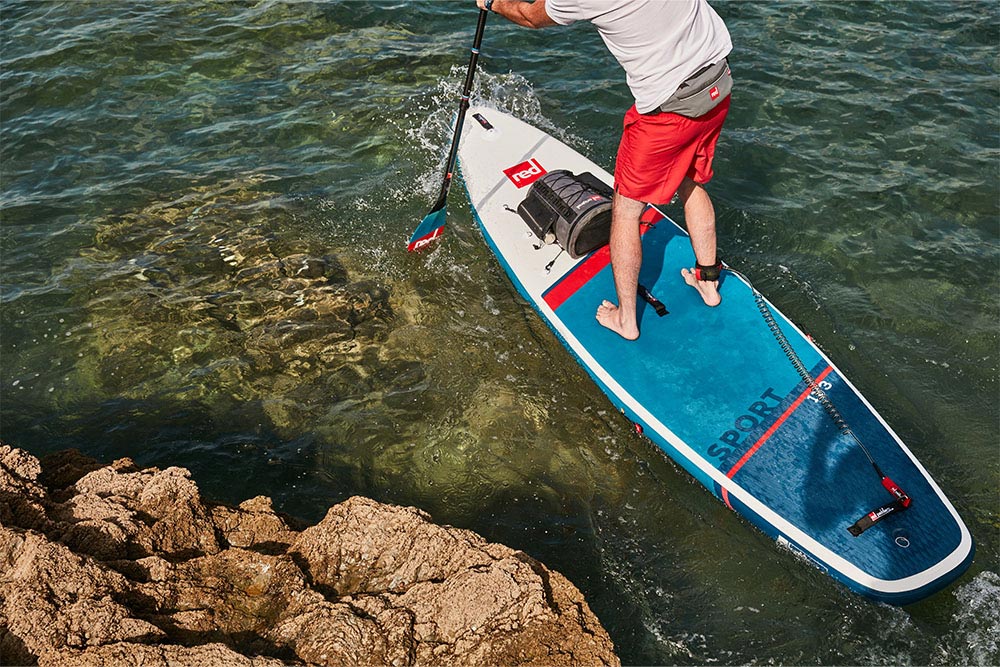
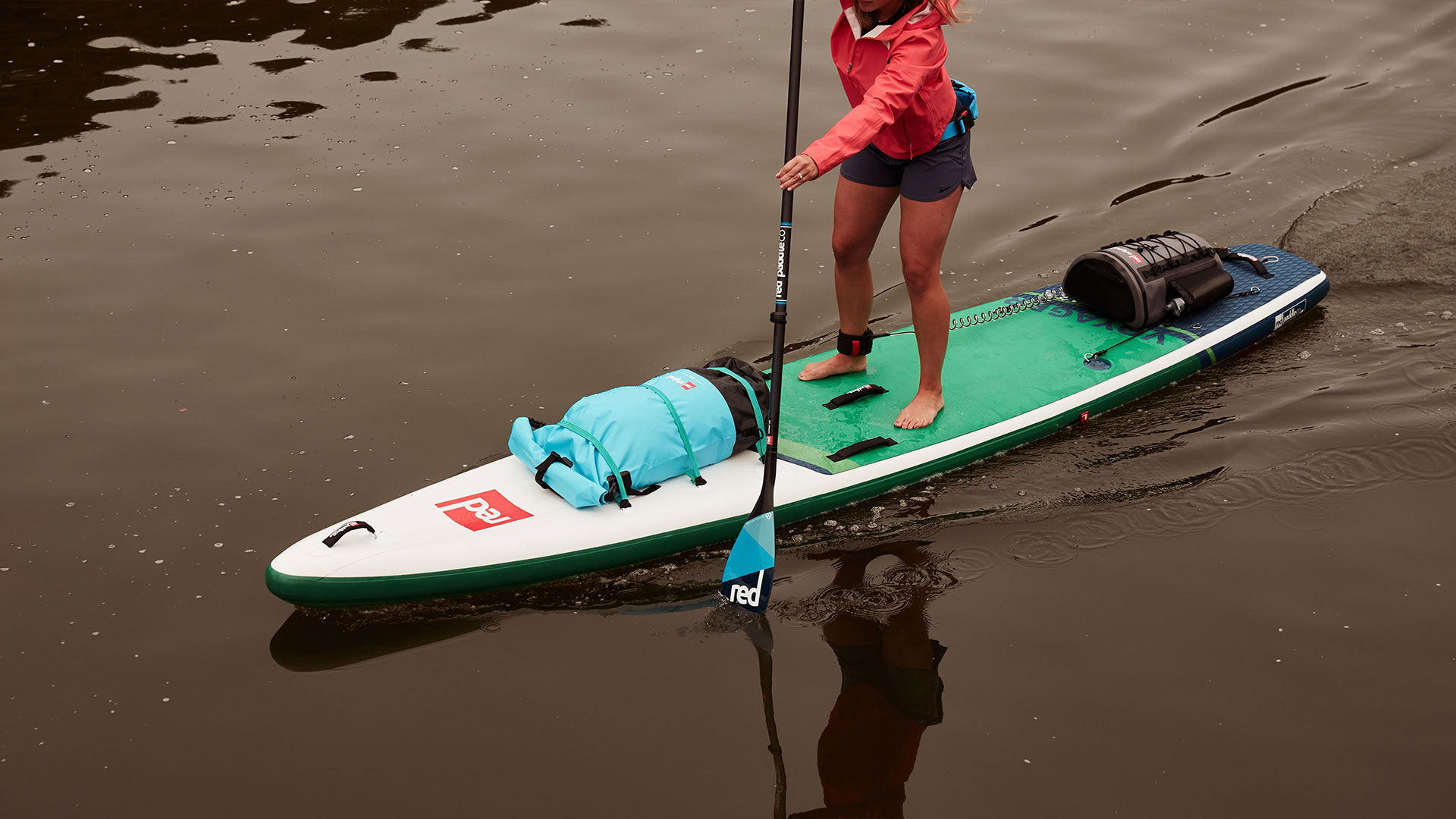
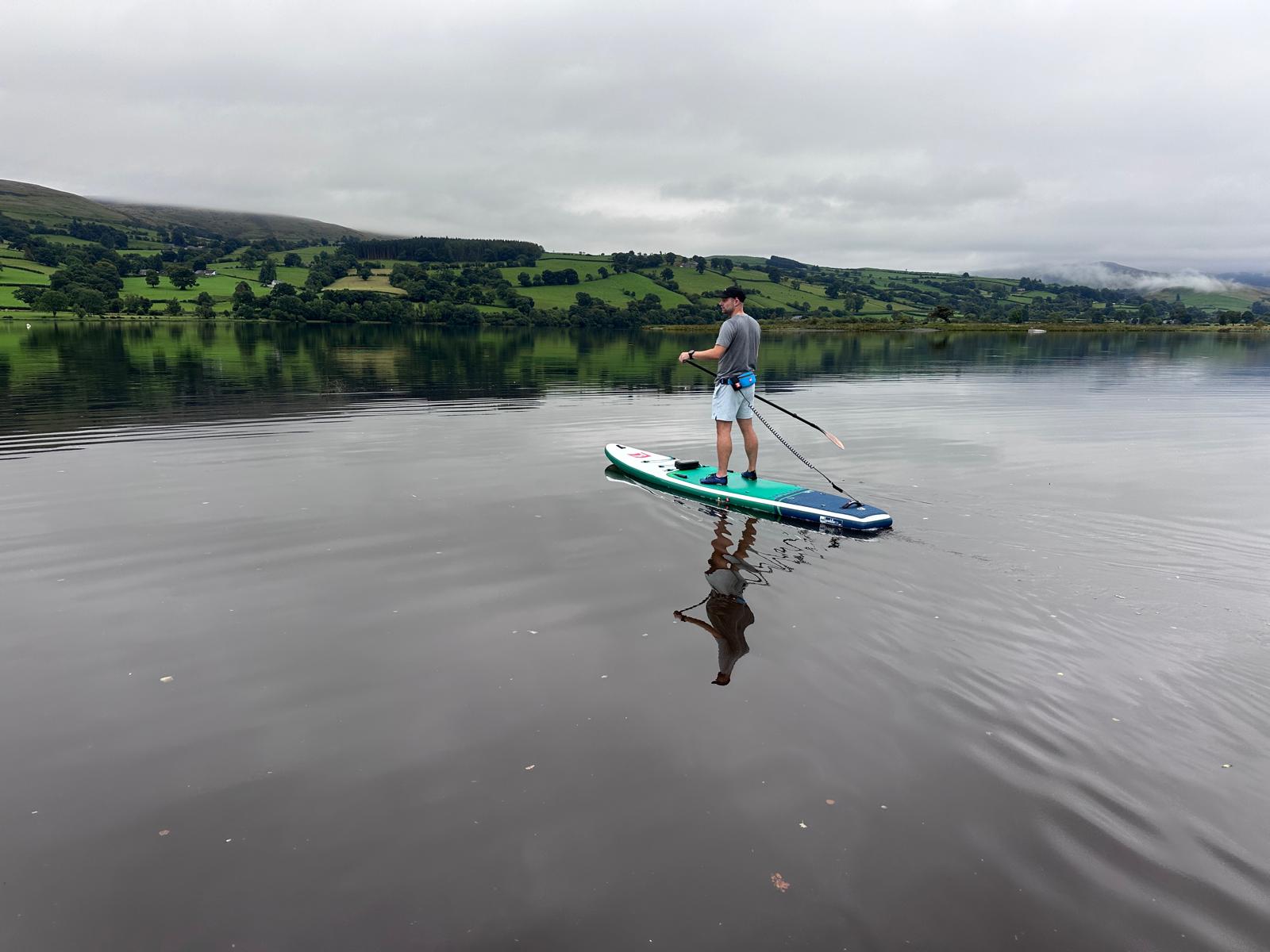
No Comment! Be the first one.